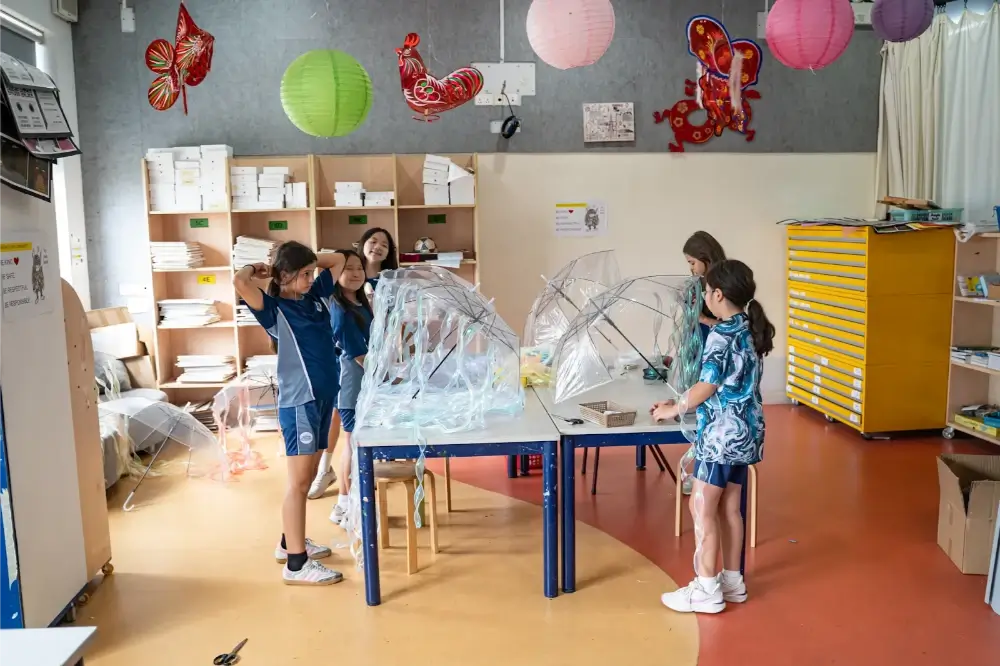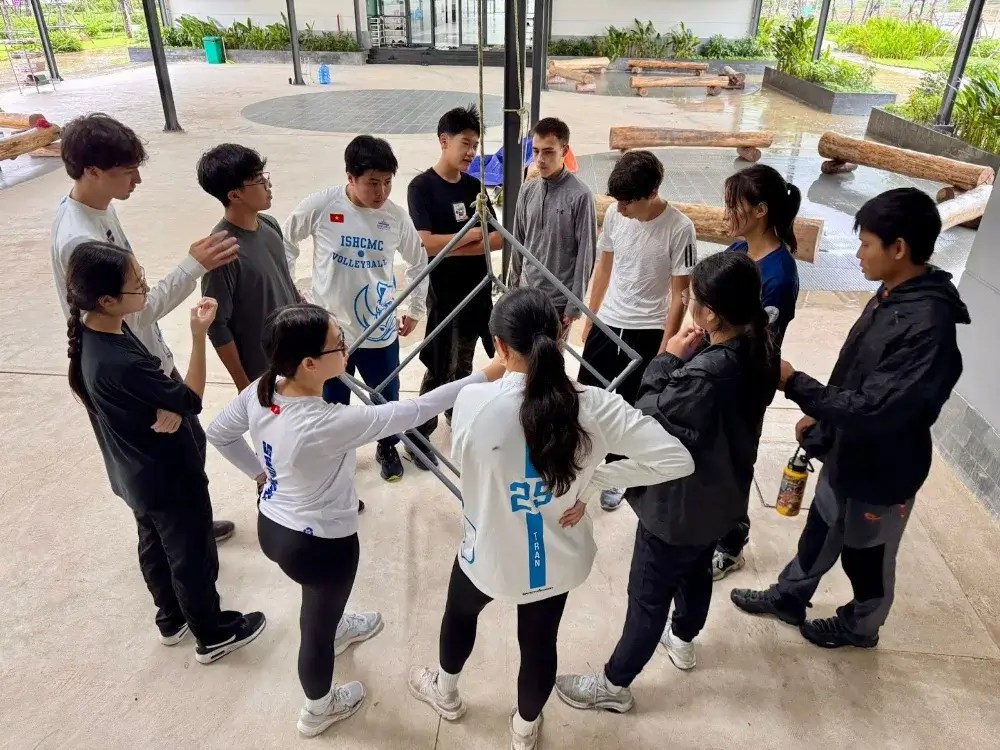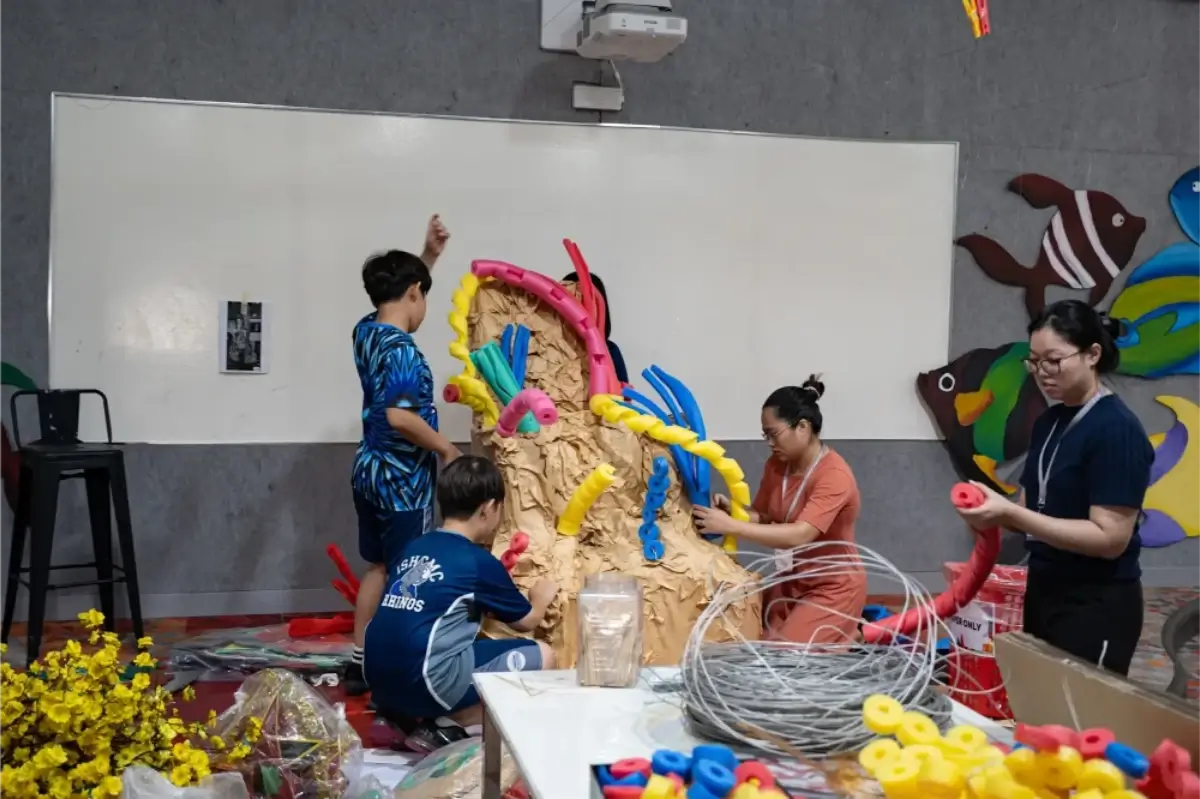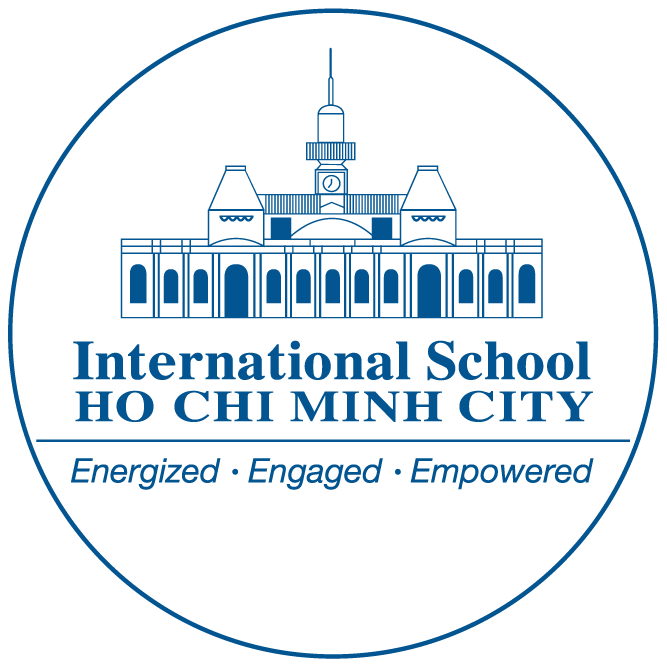Understanding Conceptual Learning: A Guide for Modern Parents
Every parent wants their child to truly understand what they learn, not just repeat facts for a test. Conceptual learning answers this need. It encourages students to grasp the “why” behind ideas so they can apply their knowledge confidently and creatively in real situations. As schools worldwide adapt to an uncertain future, conceptual learning gives students the tools to think critically, collaborate effectively, and adjust to change. These abilities stay with them far beyond the classroom.
At the International School Ho Chi Minh City, this approach sits at the heart of a progressive educational model designed to equip students to thrive in a changing world. But first, let’s explore what conceptual learning means and why it matters.
What Is Conceptual Learning?
Conceptual learning means teaching students to connect ideas, recognize patterns, and apply knowledge in new contexts. Instead of memorizing isolated facts, students develop mental models that help them understand the broader meaning behind what they study.
For example, rather than focusing on the steps to solve one type of math equation, conceptual learning helps students explore the underlying principles of numbers, patterns, and relationships. In science, it shifts focus from facts to concepts like systems and cycles, which later connect to areas such as ecosystems or economics.
In the International Baccalaureate (IB) framework, which ISHCMC follows across all year levels, this method ensures that students see learning as part of a larger journey. They do not just complete assignments. They ask questions, explore real-world problems, and present their thinking. This approach allows them to develop confidence in what they know and how to use it, even in unfamiliar situations.
Benefits of Conceptual Learning
The impact of conceptual learning becomes clear when we look at what it helps children achieve beyond academic scores. Here are the advantages parents value most.

Build Long-Term Understanding
Conceptual learning improves retention because students do not rely on memorization. They grasp the essence of ideas and retain them longer, which strengthens performance across multiple subjects.
Enhance Critical Thinking
When students regularly question, analyze, and explore, they begin to think more independently. They evaluate what they learn and how it connects to other areas. This process supports deeper insight and stronger decision-making skills.
Strengthen Real-World Readiness
Conceptual understanding equips students to transfer knowledge from one area to another. A child who understands the concept of balance in science can use the same idea when exploring wellness, design, or finance. That ability to apply knowledge in unfamiliar settings gives students an edge in the modern world.
Support International Perspectives
In multicultural classrooms, conceptual learning allows students to understand ideas that go beyond language and location. They explore concepts like identity, culture, and sustainability from multiple viewpoints, cultivating empathy and global awareness.
These benefits come to life when students apply their learning to real situations. With a strong foundation in critical thinking, creativity, and problem solving, learners gain the confidence and skills to pursue meaningful achievements beyond the classroom.
Three Practical Ways to Promote Conceptual Thinking
Parents often ask how schools can support this level of thinking in daily practice. Here are three evidence-based strategies used by schools that prioritize deeper learning.

1. Use Inquiry as a Learning Starting Point
Inquiry-based learning begins with a compelling question, not a correct answer. Teachers guide students to explore problems, collect information, reflect, and generate solutions. This approach nurtures curiosity and independence. It also encourages students to take ownership of their learning, which builds motivation and a deeper connection to what they discover.
At ISHCMC, inquiry drives every stage of the Primary Years Programme, Middle Years Programme, and Diploma Programme. Students might explore how technology impacts identity or how culture shapes communities. These inquiries help them discover answers through investigation rather than instruction.
2. Design Interdisciplinary Projects
When students combine knowledge from multiple subjects, they build a richer understanding. A project that combines math, science, and design may ask students to create sustainable housing models, encouraging them to apply concepts from different disciplines in one meaningful task. This process helps learners view challenges from diverse angles and builds the creative flexibility they need in real-world settings.
Interdisciplinary thinking encourages students to draw connections across subjects, strengthening their ability to approach complex ideas with depth and flexibility. This kind of learning develops adaptable thinkers who can apply knowledge meaningfully and practically.
3. Create Space for Reflection
After each unit or project, students benefit from pausing to examine how their thinking has developed. This reflection strengthens their understanding, helps them identify areas for growth, and deepens their awareness of how they learn best. Regular moments of reflection also support emotional maturity and allow students to celebrate progress in ways that boost long-term confidence.
Teachers at ISHCMC consistently model reflective practice, whether through class discussions, student portfolios, or structured goal setting. This helps students develop clarity, confidence, and self-direction.
Shape Your Child’s Future with Conceptual Learning
Conceptual learning is not a trend. It is a future-ready mindset that empowers students to make connections, lead with empathy, and solve complex problems. As the world continues to change, this approach prepares children to grow with it.
The International School of Ho Chi Minh City embeds conceptual learning into every part of the student journey. Learners explore big ideas through questions, solve challenges connected to the world outside school, engage with diverse cultures, and pursue interests that help them grow. With. world-class IB programmes, experienced international educators, and a community rooted in curiosity and care, ISHCMC gives students the environment and tools needed to reach higher and grow with purpose.
If you want your child to learn how to think rather than simply what to think, to grow rather than simply perform, this is where it begins.
Apply today to secure a spot for your child at ISHCMC and take the first step toward a lifelong journey of meaningful learning.






